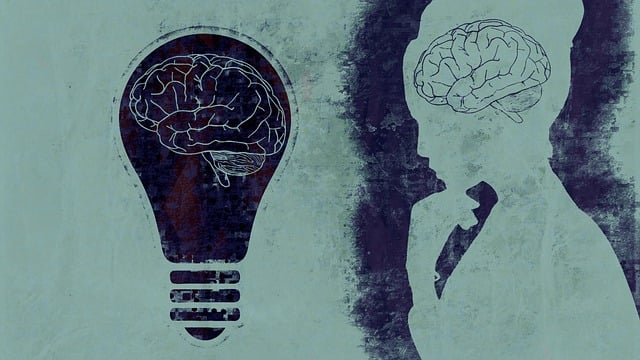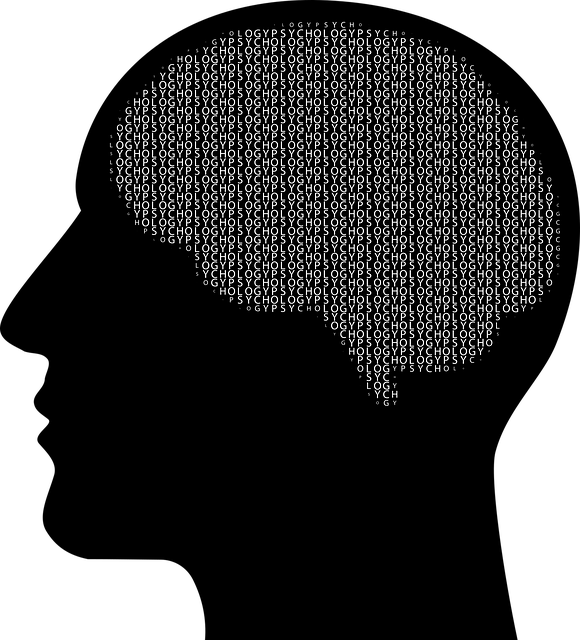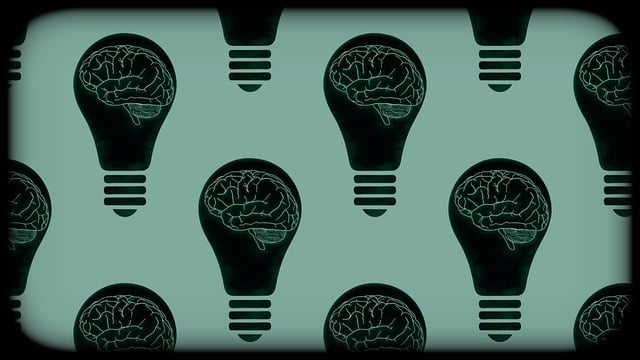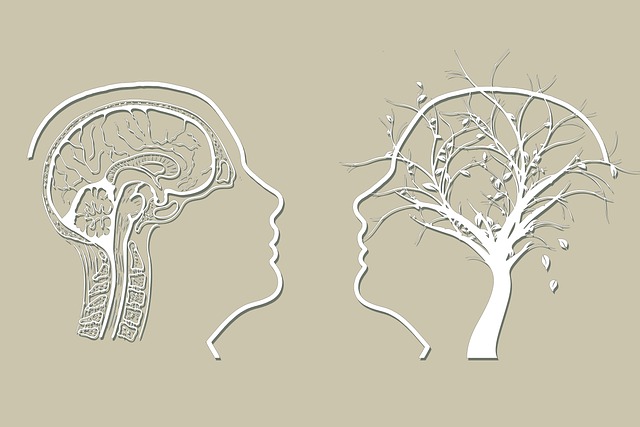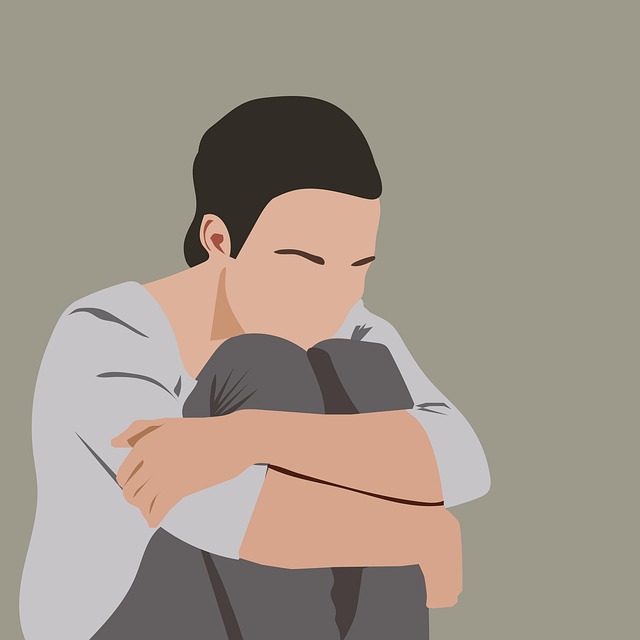Colorado Springs EMDR Therapy utilizes a unique RFM (Resources, Strengths, Coping Mechanisms) model to empower individuals with long-lasting resilience and improved mental wellness. Through journaling, emotional intelligence development, and crisis intervention, therapists guide clients to uncover internal strengths and create personalized coping strategies. This holistic approach integrates trauma support services, helping individuals build self-esteem, view challenges as growth opportunities, and adapt effectively to demanding situations, ultimately fostering cultural sensitivity and sustainable mental health improvements.
In the realm of mental health, building resilience is paramount. This article explores the powerful tool of RFM (Recollect-Feel-Move) and its implementation in Colorado Springs EMDR therapy. We delve into how structured resilience exercises can be tailored to help individuals navigate trauma and foster a sense of empowerment. By understanding RFM’s role, therapists in Colorado Springs EMDR can effectively measure success through evaluated impact, ensuring transformative healing experiences for their clients.
- Understanding RFM and Its Role in Resilience Building
- Implementing Resilience Exercises in Colorado Springs EMDR Therapy
- Measuring Success: Evaluating the Impact of RFM Techniques
Understanding RFM and Its Role in Resilience Building

Resilience is a vital component of overall mental wellness, enabling individuals to navigate life’s challenges and traumas effectively. In Colorado Springs EMDR Therapy (Eye Movement Desensitization and Reprocessing), the RFM (Resource, Strengths, and Coping Mechanisms) model serves as a powerful framework for building resilience. This approach encourages clients to identify internal and external resources that support their well-being, recognize personal strengths, and develop effective coping mechanisms tailored to their unique experiences.
By employing techniques like Mental Wellness Journaling Exercise Guidance and Emotional Intelligence development, EMDR therapists guide individuals through the process of uncovering hidden strengths and resiliencies. Crisis Intervention Guidance is also integrated, ensuring clients have tools to manage acute stress and distressing memories. Through these exercises, individuals gain a deeper understanding of their emotional responses, fostering a sense of agency and control over their mental health journey.
Implementing Resilience Exercises in Colorado Springs EMDR Therapy

In Colorado Springs EMDR Therapy sessions, resilience exercises play a pivotal role in equipping individuals with effective coping mechanisms to navigate life’s challenges. These exercises are tailored to help clients develop emotional agility and fortify their mental well-being, especially when facing traumatic experiences or prolonged stress. Through structured activities and techniques, the therapy fosters self-esteem improvement by empowering individuals to view setbacks as opportunities for growth rather than insurmountable barriers.
The implementation of resilience building exercises within Colorado Springs EMDR Therapy sessions is a strategic approach to provide Trauma Support Services. By integrating these practices, therapists enable clients to build a robust support system within themselves, enhancing their ability to manage stress and thrive in demanding environments. This holistic method not only aids in the healing process but also equips individuals with valuable tools for lifelong resilience and personal development.
Measuring Success: Evaluating the Impact of RFM Techniques

Measuring success is a vital aspect of implementing RFM (Resilience and Strengthening Mindset) techniques, especially when considering their long-term benefits in Colorado Springs EMDR Therapy. Evaluating the impact involves a multi-faceted approach to ensure that the exercises are fostering genuine resilience and not just providing temporary relief. One key metric is tracking changes in clients’ self-esteem improvement over time; enhanced self-worth is often a cornerstone of recovery from trauma or stress. This can be assessed through standardized questionnaires or client feedback, providing quantitative data on their perceived capabilities and overall well-being.
Additionally, the effectiveness of RFM exercises can be gauged by examining depression prevention outcomes. By reducing vulnerability to relapsing into depressive episodes, these techniques offer a proactive approach in mental healthcare practice, addressing cultural sensitivity issues that are prevalent in diverse communities. Regular sessions focused on building resilience may contribute to a more robust support system for clients from various backgrounds, fostering better coping mechanisms and overall mental health sustainability.
In conclusion, integrating RFM and resilience building exercises into Colorado Springs EMDR therapy has proven to be a powerful approach, enhancing the therapeutic process and fostering adaptability in individuals. By understanding the role of RFM, implementing structured resilience exercises, and evaluating their impact, therapists in Colorado Springs can provide more effective treatment, enabling clients to navigate life’s challenges with increased resilience and emotional well-being.

